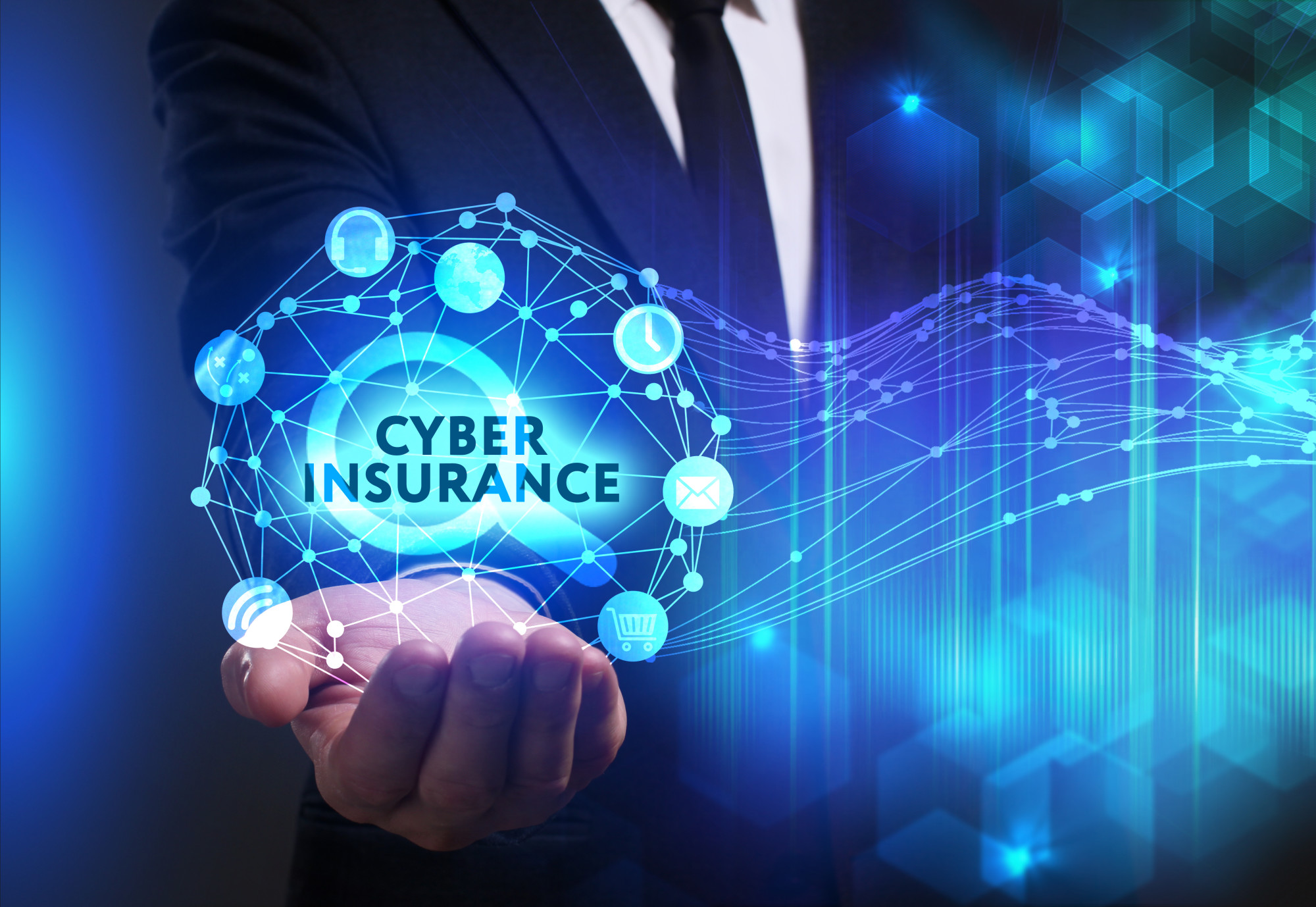You’re ready to grow your business, and you may need funds to upgrade equipment, expand operations, or manage cash flow.
But when it comes to financing, there’s a critical decision ahead—secured vs unsecured business loan.
Both options have their perks and challenges, and knowing the differences can help you pick the right path to success.
What is a Secured Business Loan?
Secured loans are backed up with some form of collateral —assets like equipment, real estate, or inventory that can be pledged as “security” for repayment of a loan. So, if the loan isn’t repaid, the lender can claim the collateral to recover their funds.
Advantages:
- Lower interest rates, as the risk for lender is reduced due to collateral.
- Larger loan amounts make it suitable for big investments like property or machinery.
Disadvantages:
- Risk of losing the collateral if you can’t repay the loan amount.
- Longer approval process due to collateral valuation.
When to Consider:
Secured loans can provide favourable terms if your business owns valuable assets and needs a substantial loan amount.
What is an Unsecured Business Loan?
Unlike secured loans, business unsecured loans don’t require collateral. Instead, lenders rely on factors like creditworthiness and income stability to assess your eligibility.
Advantages:
- Faster approval process, perfect for urgent needs.
- No risk of losing assets if you default on a loan repayment.
Disadvantages:
- Higher interest rates due to increased risk for lenders.
- Smaller loan amounts compared to secured options.
- Unsecured business loan often have shorter repayment terms.
When to Consider:
If you don’t have significant assets but need quick funding for your business operation, an unsecured loan could be an efficient solution.
Key Differences Between Secured and Unsecured Loans
| Feature | Secured Loans | Unsecured Loans |
| Collateral | Required | Not required |
| Interest Rates | Lower | Higher |
| Loan Amount | Higher | Lower |
| Approval Time | Longer | Faster |
| Risk to Borrower | Loss of collateral if the loan is unpaid | No direct asset risk |
Understanding these differences will help determine which loan type aligns with your business’s needs and financial situation.
Choosing the Right Loan for Your Business
When doing a secured vs unsecured business loan comparison, consider these factors:
- Loan Purpose: Is the loan for a major purchase or a short-term cash flow issue?
- Asset Availability: Do you have valuable assets to use as collateral?
- Urgency: How quickly do you need the funds?
- Risk Tolerance: Are you comfortable risking your assets for lower rates?
For new ventures, new business loans can help meet specific financial needs.
SBIC offers a variety of business loans, both secured and unsecured. However, if you need a checking account to manage your loan funds and daily transactions, explore options like business checking accounts.
Why Choosing the Right Bank Matters?
Securing a loan is a major financial decision, and partnering with the right lender can make all the difference.
Transparent terms, flexibility, and strong customer support ensure you get the best deal.
State Bank of India (California) offers a range of lending options, including secured and unsecured business loan products, to help businesses thrive.
Whether you’re looking for new business loans or reliable business checking account accounts, SBIC provides customized solutions to meet your requirements.
Final Thoughts
Your choice between a secured vs unsecured loan depends on your business goals, financial stability, and the urgency of your needs.
By weighing the advantages and risks of each option, you can make a well-informed decision that supports your business’s growth.
Ready to explore your options?
Check out new business loans and business checking services by SBIC to find a suitable solution for your business!





